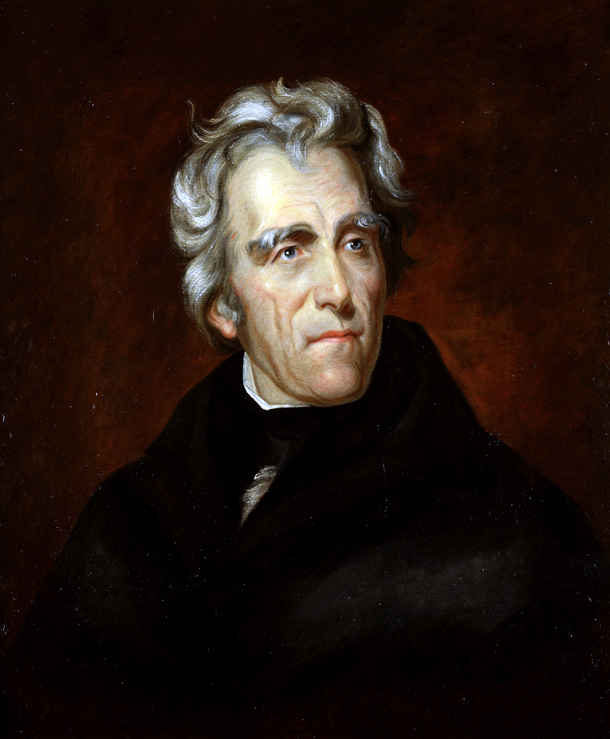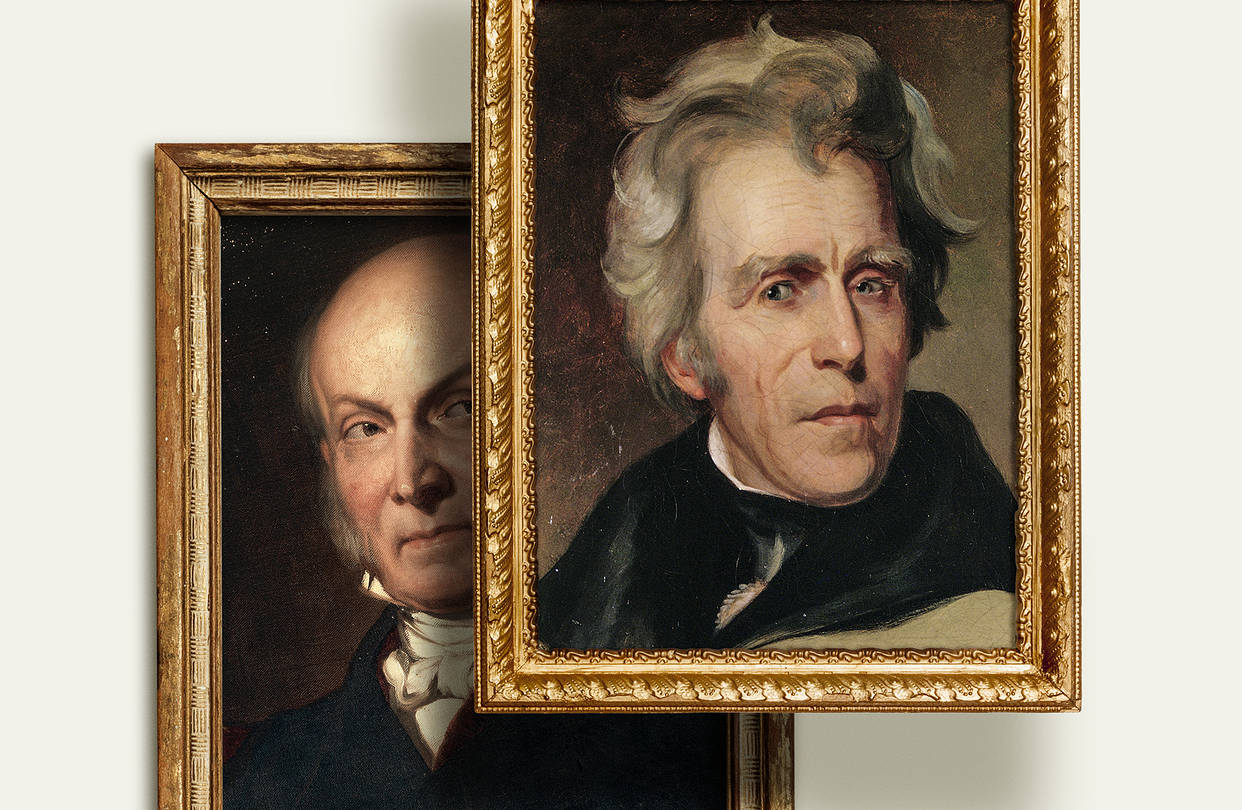The winner of the election of 1828 was Andrew Jackson, marking a significant shift in American political history. This victory not only brought Jackson into the presidency but also signaled the rise of the Democratic Party and the beginning of what is known as the “Era of the Common Man.” Jackson’s win was characterized by his appeal to the average American voter, a departure from the previous era’s politics dominated by what was perceived as an elite political class.

The Election of 1828: A Turning Point in American Politics
The election of 1828 stands as one of the most pivotal and contentious presidential races in United States history. Pitting incumbent President John Quincy Adams against Andrew Jackson, the election was a rematch of the 1824 election. However, unlike their previous encounter, the 1828 election was distinguished by its stark division and the intense personal animosity between the two candidates.
Background and Campaign
Andrew Jackson, a war hero known for his victory in the Battle of New Orleans during the War of 1812, had a strong personal following. His image as a self-made man and a champion of the common people resonated with many Americans who felt disenfranchised by the political system of the time. In contrast, John Quincy Adams, the son of the second president, John Adams, was seen as a member of the established political elite.
The campaign leading up to the election was marked by an unprecedented level of mudslinging and personal attacks. Jackson was portrayed as a military tyrant, while Adams was accused of being out of touch with the needs of ordinary Americans. The intensity of the campaign reflected the growing political engagement of the American populace, spurred by the expansion of suffrage to include a broader segment of the white male population.
The Results
Andrew Jackson won the election by a landslide, receiving 178 electoral votes to Adams’s 83. His victory was also notable for the significant increase in voter turnout, signaling a new era of political participation. Jackson’s win was largely attributed to his appeal to voters as a man of the people, in stark contrast to the perceived elitism of Adams.
The Impact of Jackson’s Presidency
Jackson’s presidency marked the beginning of the “Jacksonian Democracy,” characterized by an emphasis on populism and the expansion of the political franchise to all white men, regardless of property ownership. His tenure saw significant changes in American politics, including the strengthening of the executive branch and the promotion of states’ rights.
One of the most controversial aspects of Jackson’s presidency was his policy towards Native Americans, culminating in the Indian Removal Act of 1830, which led to the forced relocation of thousands of Native Americans in what is known as the Trail of Tears.
Legacy of the 1828 Election
The election of 1828 is remembered as a watershed moment in American history, reflecting the shifting dynamics of political power and the rise of a more democratic political system. It underscored the growing importance of public opinion and the expanding role of the electorate in shaping the country’s leadership.
Andrew Jackson’s victory also set the stage for the dominant role that the Democratic Party would play in American politics in the ensuing decades. His presidency, with its emphasis on the common man’s role in government, left a lasting impact on the nation’s political landscape, influencing the development of the American democratic system.
In conclusion, the election of 1828 and the presidency of Andrew Jackson represent a significant era in American history, characterized by the rise of populism and the expansion of democracy. Jackson’s victory signaled a shift towards a more inclusive political system, setting a precedent for future generations and shaping the trajectory of American politics.


